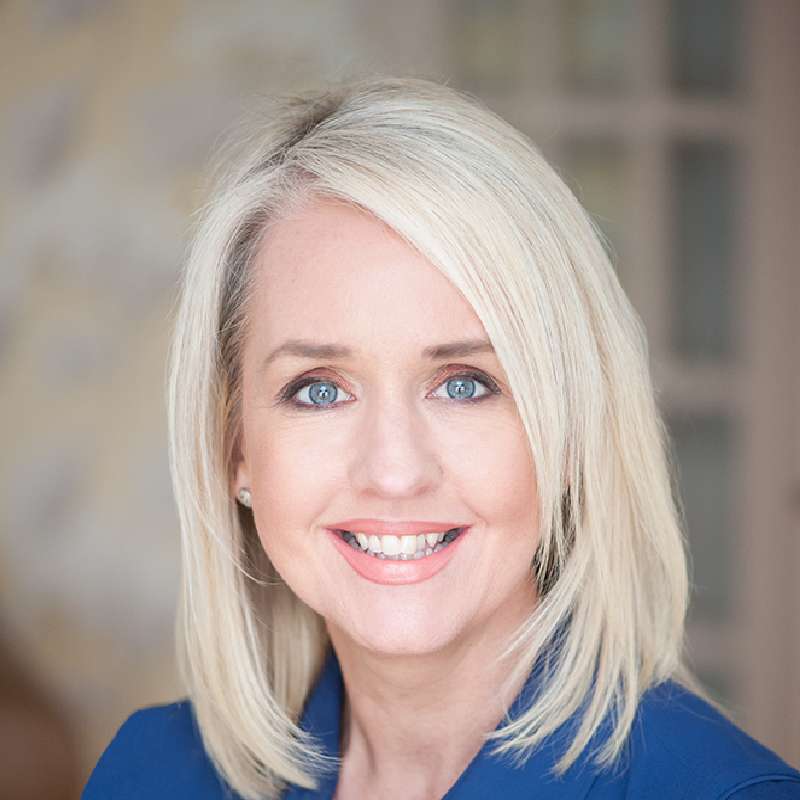
This week on Talk Learn Connect, Writer Yvonne Reddin asks Sleep Consultant & Co-Creational Parent and Relationship Mentor, Lucy Wolfe to share some TLC (Talk Learn Connect)
You are well recognised in your field of expertise, how and why did you choose this specific career path?
I came to this career following my own struggles with sleep deprivation with my oldest son who is now nearly 18.
As a new parent, I was disappointed to discover the lack of support in this area but also in the suggested approach of just leaving your baby to cry. This did not sit well with me and as I went on to have more children, I became more aware of the need to change the narrative and provide the level of support that I felt I needed then and so I pursued training, education and experience in order for that to happen.
I am in practice for 10 years now and have authored two books and I feel very privileged to accompany parents on their journey, nurturing their child’s sleep to its best potential in a child-centered and holistic way.

You have stated you are not a fan of tough love, controlled crying and cry-it-out techniques to solve sleep problems in children. These are the longstanding techniques, what are the more current ones?
My own approach is to look at the whole story, acknowledging that there are so many influencing factors. By just addressing one aspect with a cry-intensive technique does not necessarily address the actual issues at play and may also cause unnecessary stress for the family unit.
By taking sleep into relevant segments, by helping parents gain a deeper understanding, by managing expectations that are individually orientated and age-appropriate and by honoring the internal body clock; transitions that can be made when necessary with my stay and support approach.
This replaces the cry-it-out strategies and provides the child with loving comfort, support and co-created confidence. This together will result in the opportunity to gain a higher sleep ability with the partnership of the parent until they feel more safe and secure in the overall context of their sleep.
Have you found during the pandemic, a rise in messages looking for help at home especially now and perhaps in the foreseeable future, as families are mainly at home and working from home?
It has certainly been a good opportunity for many families to be able to make changes that sometimes seem unmanageable when we have day-care, commutes and work pressures.
Although those work pressures have remained and for some become even more challenging. For many, provided everyone has been healthy, they have certainly viewed it as a valued opportunity to grow their child’ sleep tendency.
In your opinion and from your experience, is there any quick tip that new parents should know from the beginning to implement?
I encourage new parents to understand every child is different and unique and that building a loving trust bond/relationship is key.
Follow your instincts and listen to your own internal wisdom, respond to their signals and read the language of sleep so that you can ideally avoid overtiredness.
This may be indicated by brief eye rubs, yawns rather than intense symptoms.
Remember that there is no right or wrong way, just what feels appropriate for you and your family unit and there is always opportunity within this.
Can you share any words of wisdom that helped you in your successful career?
I have found to aim high and compete only with yourself, placing a value on your time and expertise.
All the while maintaining an authentic, kind, compassionate and always curious mindset has helped my growth as both a person and a professional.
Connect with Lucy here: www.sleepmatters.ie
Instagram: Lucy Wolfe Sleep

